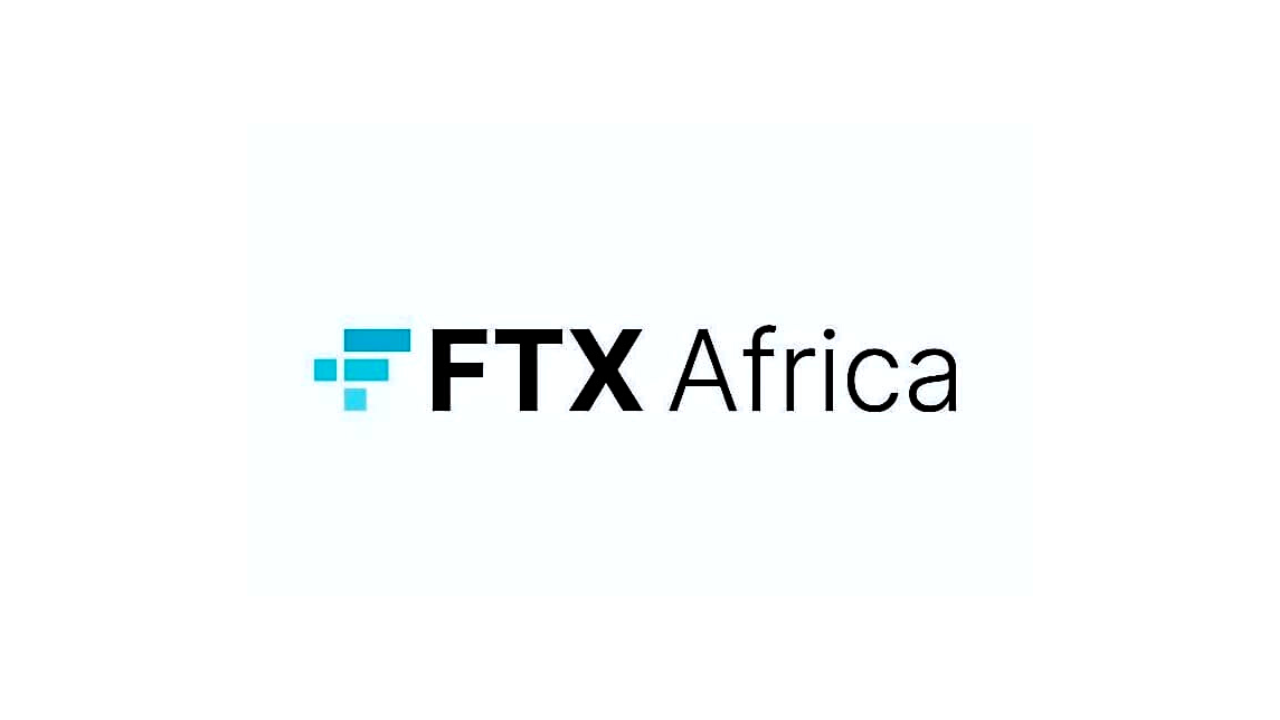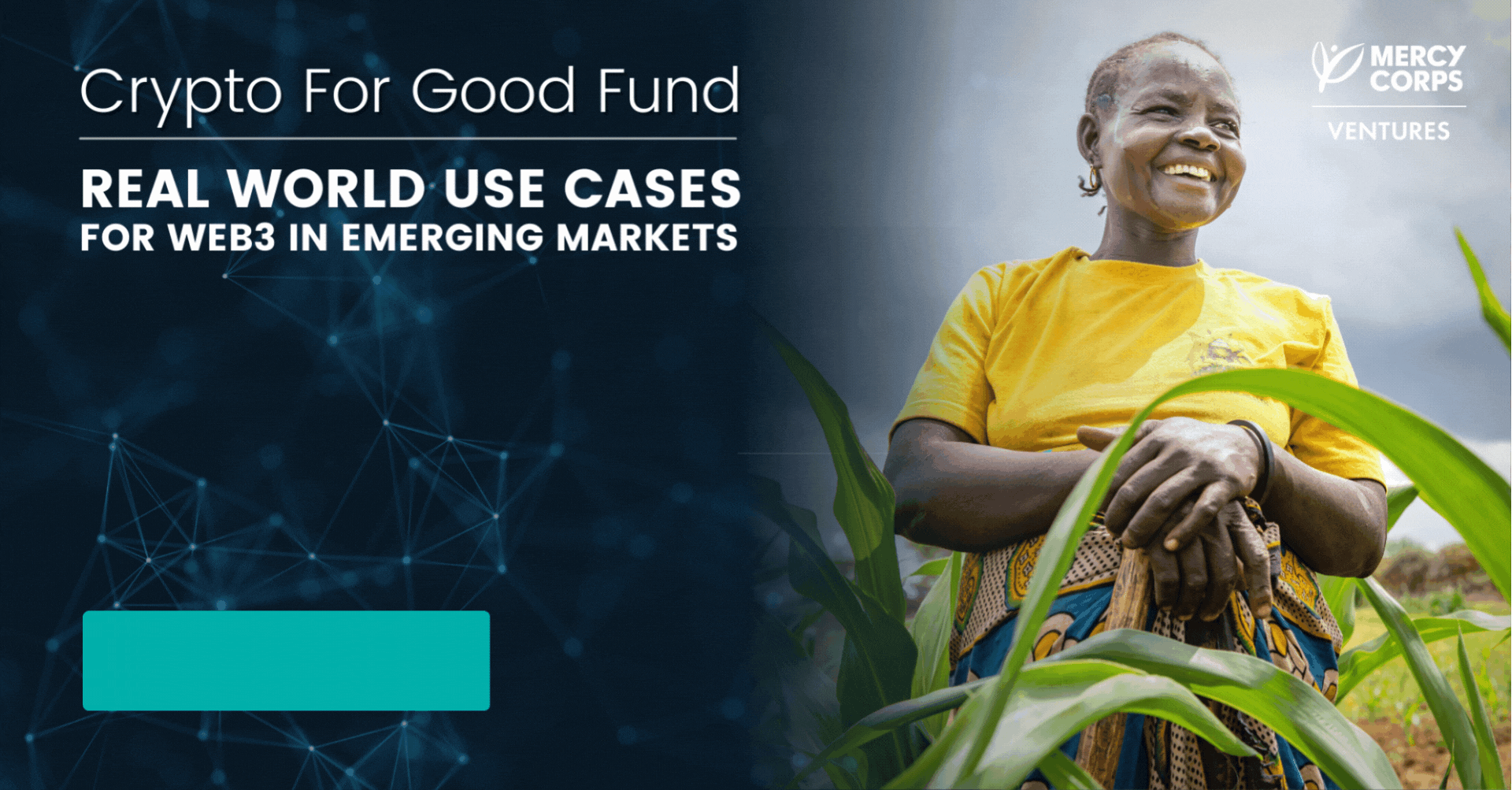

How FTX Drew Over 100,000 African Customers to its Platform
source link: https://bitcoinke.io/2023/03/flex-id-uhuru-wallet-launch-an-integrated-platform/
Go to the source link to view the article. You can view the picture content, updated content and better typesetting reading experience. If the link is broken, please click the button below to view the snapshot at that time.

Flex ID Partners With Uhuru Crypto Wallet to Launch Digital Identity, Remittance Platform for Zimbabweans in South Africa – BitcoinKE

Zimbabwean blockchain startup, Flex ID. and South African WhatsApp-based remittance platform, Uhuru Wallet, have announced the launch of an ‘integrated digital identity and remittance platform’ targeting millions of Zimbabwean immigrants residing in South Africa.
The two startups termed this as the first cross-chain collaboration.
Flex ID, co-founded by serial entrepreneur, Victor Mapunga, works on the Algorand blockchain, while Uhuru Wallet is built on the Stellar blockchain.
“We are excited to partner with FlexID to offer our customers a more streamlined and secure remittance experience. By combining our strengths in digital identity and remittance services, we can better serve the needs of Zimbabwean immigrants in South Africa,” said Uhuru Wallet CEO and founder. Trust Jakarasi.
Uhuru Wallet, which launched in 2020, is a convenient and efficient payment method running on WhatsApp, and anchored on blockchain technology, that enables people to transact easily and intuitively.
Some of its features include:
- P2P transactions
- B2C transactions
- Escrow services
- eCommerce services
- Cash-in and cash-out options
- Bill Avon, INUKA, DSTV, lottery payments
- Airtime purchases
BitKE had a chat with the Co-Founder of Uhuru Wallet discussing the product and the reasons behind building the product.
The integrated platform is expected to provide a seamless and secure remittance experience for Zimbabwean immigrants.
The 2 startups also plan to address pertinent problems faced by immigrants, such high sending fees, limited access to formal financial services, as well as identity verification issues.
“By leveraging blockchain technology, we can provide a secure and efficient way for users to verify their identity and access financial services, no matter where they are,” Victor Mapunga, the CEO of Flex ID, said.
Funded by Algorand in 2022, FLex ID is creating a self-sovereign identity platform which is a digital identity network to address the problem of many poor people lacking identification in some parts of Africa.
According to the World Bank, monthly remittances from South Africa to Zimbabwe, which occur through both formal and informal channels, amount to between US$30 million to US$60 million and constitute more than 10% of the country’s GDP.
There are over one million Zimbabweans living in South Africa.
4 out of 5 diasporan Zimbabweans living in South Africa.
At present, the average cost of sending money from South Africa is 7%, which is in line with the global average of 6%.
____________________________________Follow us on Twitter for latest posts and updatesJoin and interact with our Telegram community________________________________________________________________________

The crypto exchange, FTX, lured customers from Africa to use its platform by promising that Africans could use stablecoins to protect their wealth from the effects of devaluation.
This is according to a Wall Street Journal report which indicates that the exchange pitched itself to customers with the idea that its dollar-pegged stablecoins would never lose their value, and therefore represent a safe haven in economies that have been continually hit by inflation and dollar strength.
In addition, FTX ran glamorous events for young Nigerians and offered all new customers a $5 sign-up bonus.
As we previously reported, the Sam Bankman-Fried led organization was already processing billions of dollars monthly in Africa and was going to set up an office in Nigeria on its way to increase activities on the continent ahead of its collapse.
Just few days prior to filing for bankruptcy, Bankman-Fried took to Twitter to announce that the exchange had started accepting deposits in West African CFA francs.
Hello, West Africa!
XOF deposits are live.https://t.co/sXsXgpUE5m pic.twitter.com/cT3Lnp0TNY
— SBF (@SBF_FTX) November 3, 2022
FTX had also managed to acquire over 100,000 customers in Africa, many of whom were trading on the platform while other customers used the platform to convert their local currencies to dollars and gain yield on savings.
Some of the Africans using the platform for their savings were left ruing their trust in the crypto company, and crypto in general.“All my UK ISA Individual Savings Account, which I saved for the past 15 years was what I lost,” said Victor Asemota, a popular opinion leader in the Nigerian tech industry and strong advocate for FTX in Africa.
Devaluation remains a real concern for Africans who hold wealth in local currencies, while inflation drives up cost of goods. The U.S. dollar is a culprit in this case, with most African currencies including the Nigerian Naira, the Ghanaian Cedi, and the Malawian Kwacha drastically losing value against the dollar in 2022 as a result of the Federal Reserve’s aggressive monetary tightening which fueled capital outflows from developing markets.
Until FTX’s collapse, trust was developing over the ability of cryptocurrencies to protect against such wealth loss.
___________________________________
Follow us on Twitter for latest posts and updates
Join and interact with our Telegram community
___________________________________
___________________________________
Recommend
About Joyk
Aggregate valuable and interesting links.
Joyk means Joy of geeK
